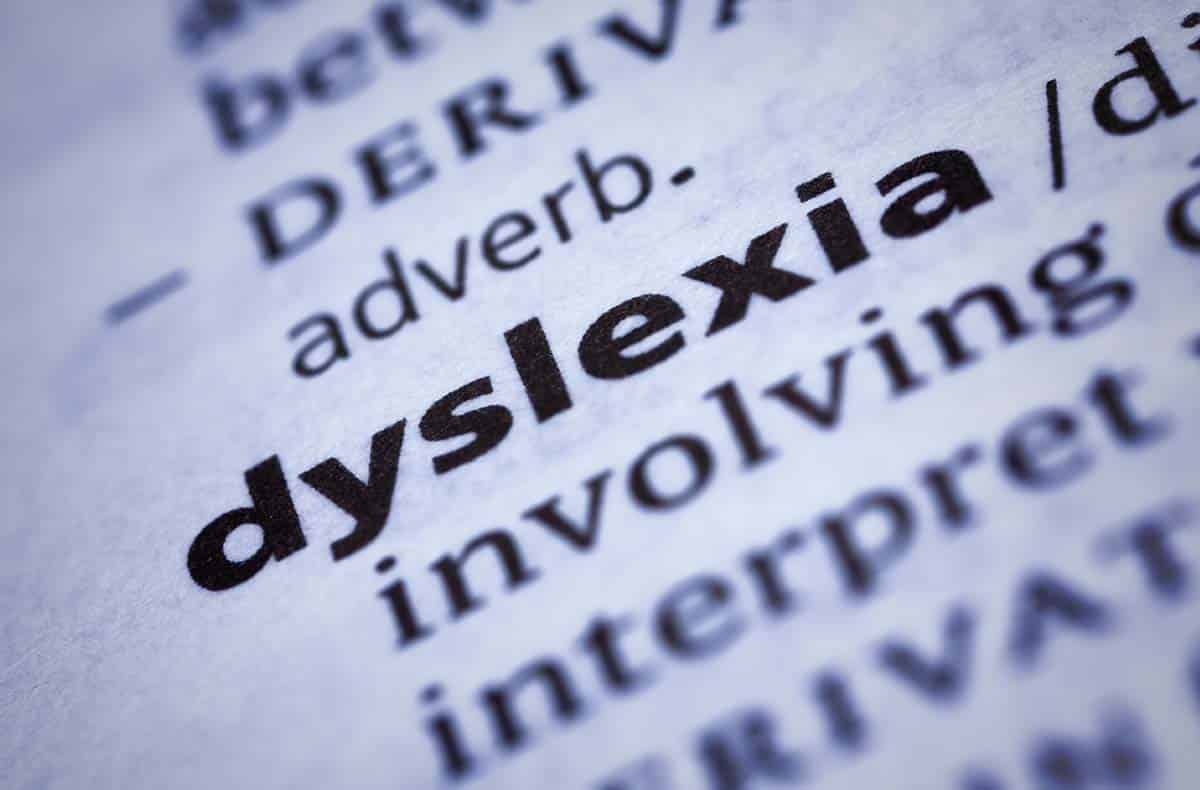
I have always wanted my own business, even before I had an idea of what it might be. When everyone else at school was talking about boys, I was talking business. I believe my early entrepreneurial interest connects to my dyslexia. Being dyslexic meant I always knew I was different: both my needs, and also the way I viewed the world.
When I talk about being dyslexic, you might think that means I am bad at spelling or maybe that I stutter my words when reading aloud. However, dyslexia is better understood as a different way of processing information. That difference can cause challenges and difficulties in our brains but also gives us a unique way of thinking that can be very powerful at creating incredible businesses.
However, that isn’t how my journey started out. Rather, it started with me leaving university and getting a corporate job. At the time, I thought that I was too young and that I should start working and learning about business before I tried to create one. Finding a job that would suit me was my first hurdle. I thought to myself: what job has as little reading and writing as possible—one where I can talk more than I write? I settled on Account Management and eventually sales, which—as I regularly hear the phrase “you could talk for England”—I think was the best fit I could have found.
I worked hard and eventually worked for a number of large companies including The Trainline, but I still struggled. I would make small mistakes regularly, often spelling mistakes or when starting a new job finding it difficult at the start because of the amount of information I needed to process in a short space of time. Generally it was something that was only always an “area of improvement” highlighted in annual reviews.
The bigger issue was how I felt about myself. I constantly felt frustrated at the little mistakes. They would eat me up for days and I would feel exhausted from the pressure I was putting myself under to try and improve. I wanted to be organised, to be the type of person who didn’t get distracted easily, someone who didn’t take longer to do “simple” tasks. I spent so long wanting to be someone else, focusing on what I was bad at that I never thought about what I was capable of and where I excelled.
That feeling of never being good enough was so draining. Tired of the frustration, I started opening up to people and searching online for answers. When I googled “dyslexia in adults,” there was minimal information apart from obvious traits or tips on getting diagnosed. However, I was searching for something more. I was hunting for understanding and acceptance, a place to belong. I yearned to discover that I was not the only one who felt like this, that other adults struggled and it was okay that I was too.
After learning that there are an estimated 700 million people globally who are dyslexic, I knew I was not alone. So I began to put my ideas out there, talking about my experiences, the challenges I have faced, and the little ways I have navigated through life. My ideas found an audience, and now I run Dyslexia In Adults, an online community that gives people with dyslexia a space where they belong and can turn to for advice and understanding. (Editors’ note: To hear more about Dyslexia In Adults, please listen to our latest podcast episode, in which Natalie discusses her journey.)
Suddenly, instead of seeing the obstacles of dyslexia, I was able to utilise the strengths I had gained working around them. Those strengths include: the ability to simplify, to problem solve easily and offer unique approaches to situations. Those, I firmly believe, are my biggest assets. I knew I had workplace abilities, I just didn’t know how to show them off in a conventional job, where I was expected to implement preset concepts as opposed to creating new ones. When I was younger, I didn’t use my strengths because I didn’t see them as such. But all of those years spent finding workarounds made me stronger and more resourceful than I ever thought I could be.
Having my own business is not just about showcasing my skills, it is about creating an environment that I can thrive in. If I make a spelling mistake, my boss can’t get angry with me—because I am the boss. If my brain is feeling overwhelmed or exhausted, I can take a break and come back stronger.
A recent study found that 40% of self-made millionaires are dyslexic, which is impressive considering only 10% of the population is thought to be dyslexic. This fact doesn’t surprise me: many like me probably didn’t feel they could survive—let alone thrive—in a conventional job. This meant that they had to create their own businesses and build something that fitted their brains.
Dyslexia demanded that I forge my own work environment and start my own business—but luckily it also gave me all the skills to do so.


